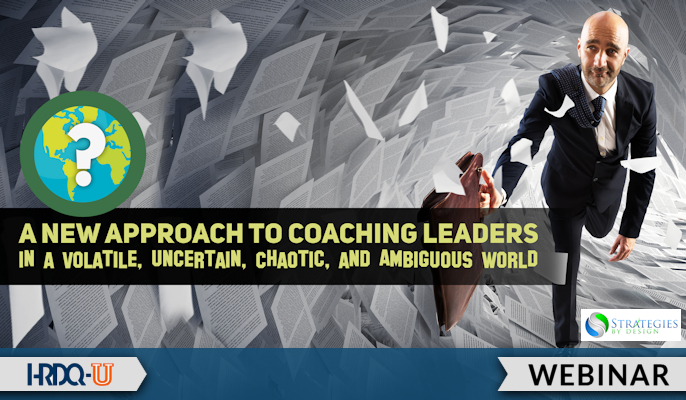What Happens When We’re Stressed?
What happens in our brains when we are stressed out due to uncertainty that is related to anxiety? Concern about what feels threatening or negative, unsure of how to decide what needs to be done. We don’t know what’s coming next or how to predict it. Anxiety is the emotional response to what seems to be a threat to the central nervous system and disrupts thinking about making plans or finding solutions.
Mazen Kheirbek, Ph.D., UC San Francisco, discovered “anxiety neurons” in the ventral hippocampus, part of the brain’s memory and emotion systems. These neurons convey messages to the hypothalamus, the “thermostat” of homeostasis, or balance, to evaluate the kind and degree of threat – run or fight. There’s always a trade-off in human experiences between encounter or walk-away, a memory evaluation.
If the threat is imminent, the amygdala sends an urgent message through the hypothalamus, bypassing the prefrontal cortex, directly to motor neurons to flee or fight; this is the shortcut. If assessing the threat is not urgent, the prefrontal cortex is called in to evaluate the appropriate response; this is the long way to respond. This is the work of synchronization in the brain.
How Do We Handle Longterm Stress?
In the case of longterm stress, lengthy activation of the biological stress response – the prolonged presence of cortisol in the nervous system – can have toxic effects on the brain and the rest of the body, raising the risk for PTSD or other psychic disorders, even chronic physical diseases. Nevertheless, when we realize that uncertainty is something we need to live with as a cognitive understanding of our outside environment, we can develop a sense of survival and move on with life.
This last point about being aware of an uncertain environment has to do with how we use our attention – this personal power to focus. There’s an interesting article by neuroscientist Amishi Jha, writing for Greater Good Magazine (Nov. 13, 2020), entitled, “10 Ways Your Brain Reacts to Uncertain Times,” that explains how our attention can cope with uncertainty by creating its own reality. Our attention is limited, and so is our memory and our focus; if we focus on the good things we remember, we can deal with what’s at hand with more resilience. Dr. Jha counsels that we need to train our attention toward the good of the present moment and not be hijacked by false negatives and passing thoughts. His article is worth reading to come to grips with our uncertain world.
TED-Ed GIFs has a simple animated cartoon and article about stress and uncertainty on the brain and how to deal with it. It is interesting, entertaining, and informative.
Takeaway: Uncertainty is not “the end of the world.” This, too, will pass. Peace of mind and mindfulness will see us through.
















